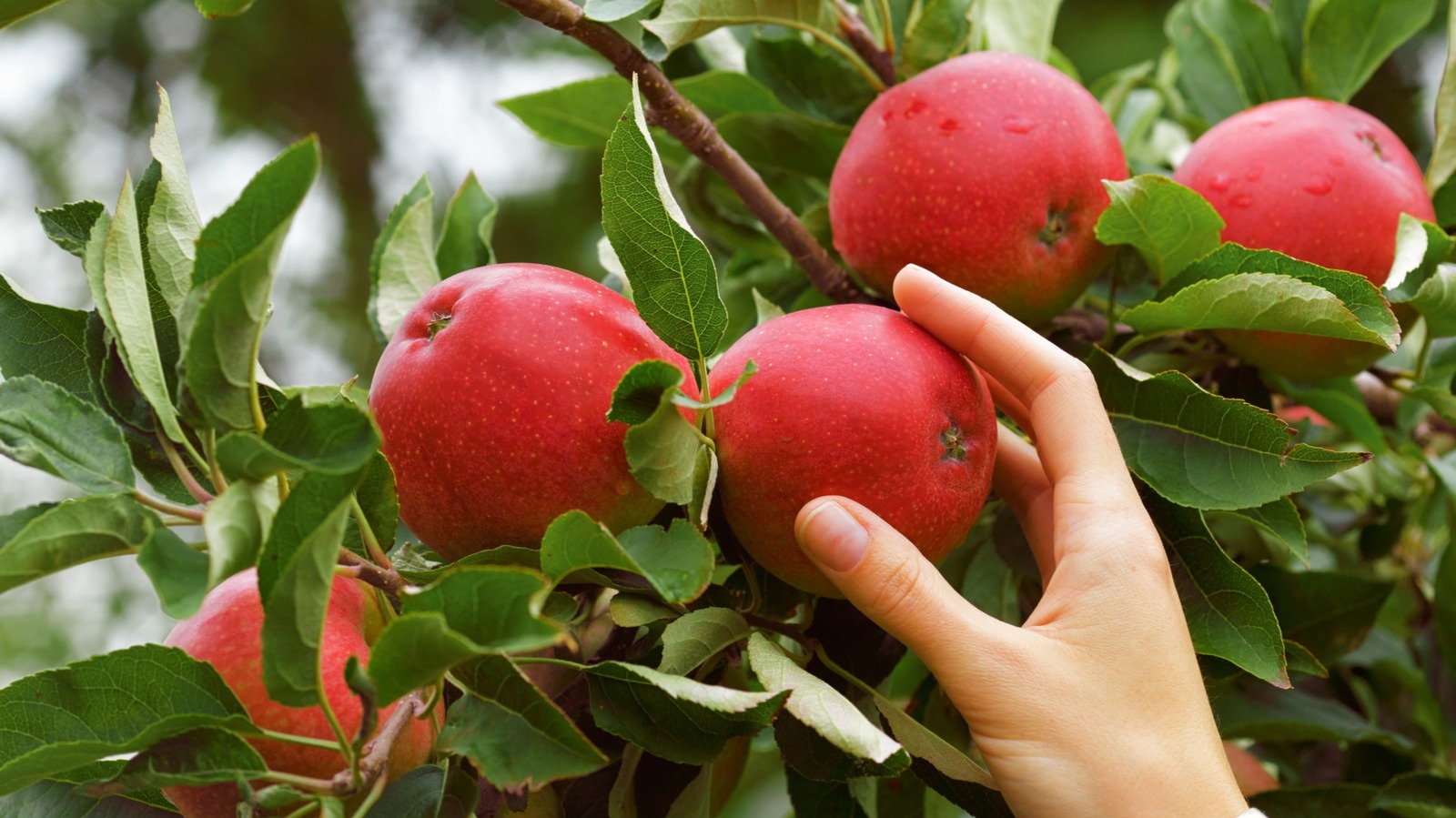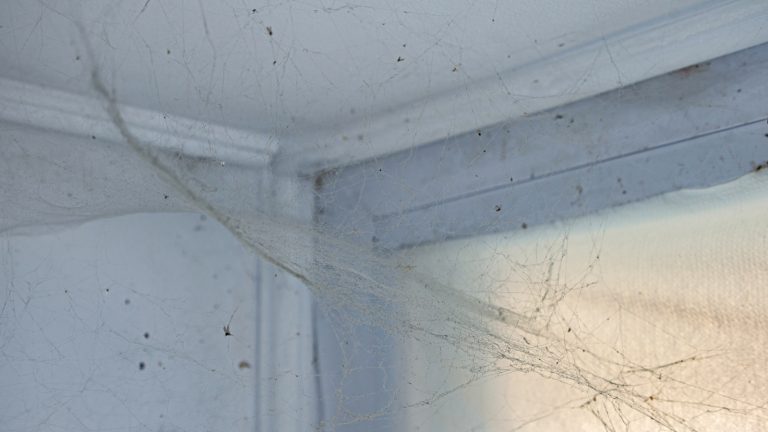
Gardening can be quite intricate. There’s a lot of planning involved – from the soil type to the seeds you use, and even the crops you choose to plant together. If you have a thriving fruit tree in your yard, there are certain plants you should avoid growing near it. This is because fruit trees, like all living organisms, interact closely with their environment. What grows near them can impact their ability to survive and produce fruits.
While there are fruit trees that are not suitable for home gardens, for those that are, there are some plants and crops that may cause issues, such as potatoes and tomatoes. These seemingly harmless plants can spread diseases, compete for resources, or attract pests that can harm your fruit trees. Strategic companion planting with herbs like comfrey or marigolds can benefit your tree’s health, but the wrong neighbors could lead to decreased harvests or introduce diseases that are difficult to overcome.
Making wise planting choices can save you time and money in the long run. In this guide, you’ll discover some of the problematic plants and crops that should not be grown near your fruit trees. We’ll explain why these plants can be harmful, how they affect your trees, and why seemingly harmless plants like mint or sunflowers could pose a threat to your orchard.
Black Walnut
Black walnut trees (Juglans nigra) are not good companions for fruit trees due to their allelopathic effects. They release juglone, a natural toxin that inhibits the growth of many plant species, including fruit trees like apples. The highest concentration of juglone is usually found under the tree’s branches. Other nearby plants that absorb it may stop growing or die slowly. To avoid issues, it’s recommended to keep a significant distance between a black walnut tree and any fruit trees in your yard.
Mint
Mint plants (Mentha spicata) may seem harmless, but they are aggressive underground invaders that can harm your fruit trees. These perennial herbs spread rapidly through underground runners, competing with fruit trees for water and nutrients. To avoid problems, it’s best to grow mint in containers away from your fruit trees or use root barriers to prevent competition.
Potatoes
Potatoes (Solanum tuberosum) may be a garden staple, but they can be problematic when grown near fruit trees. They can attract blight, which can spread to your fruit trees, and their deep roots can disturb the shallow root systems of fruit trees. Planting potatoes far away from your fruit trees is advisable.
Juniper
Juniper plants, especially the eastern red cedar (Juniperus virginiana), should be kept away from apple and other fruit trees in the rose family due to their role in spreading destructive rust diseases. These diseases can severely damage fruit trees over time.
Grasses
Grass, when grown too close to fruit trees, can compete for water and nutrients, leading to stunted growth and delayed fruit production. Grass can also shelter rodents that can damage fruit trees. Maintaining a clear zone around fruit tree trunks is recommended.
Tomatoes
Tomatoes (Solanum lycopersicum) can transmit diseases to fruit trees like blueberries, cherries, and apples. To prevent this, it’s best to keep tomatoes at a safe distance from fruit trees in your orchard.
Gardenias
Gardenias (Gardenia jasminoides ‘Scentsation’) should not be planted near fruit trees as they can be affected by rotting fruit, causing the flowers to turn brown and drop off.
Carrots
Carrots (Daucus carota subsp. sativus) can damage the root systems of fruit trees if planted too close, leading to stress and reduced growth in fruit trees. Planting carrots at a safe distance from fruit trees is recommended.
Butternut
Butternut trees (Juglans cinerea) produce juglone, a toxin that can harm fruit trees. It’s best to keep butternut trees at a distance from fruit trees to avoid issues.
Pepper
Pepper plants (Capsicum) can attract pests and diseases that can spread to fruit trees, affecting their health. Keeping pepper plants away from fruit trees is advisable.
Conifers
Conifers (Coniferophyta) have aggressive root systems that can compete with fruit trees for water and nutrients, leaving fruit trees undernourished. Conifers can also acidify the soil over time, which is not ideal for most fruit trees.
Sunflowers
Sunflowers (Helianthus annuus) can compete with fruit trees for sunlight and nutrients. They also release biochemicals that suppress the growth of neighboring plants. Keeping sunflowers away from fruit trees is recommended.






